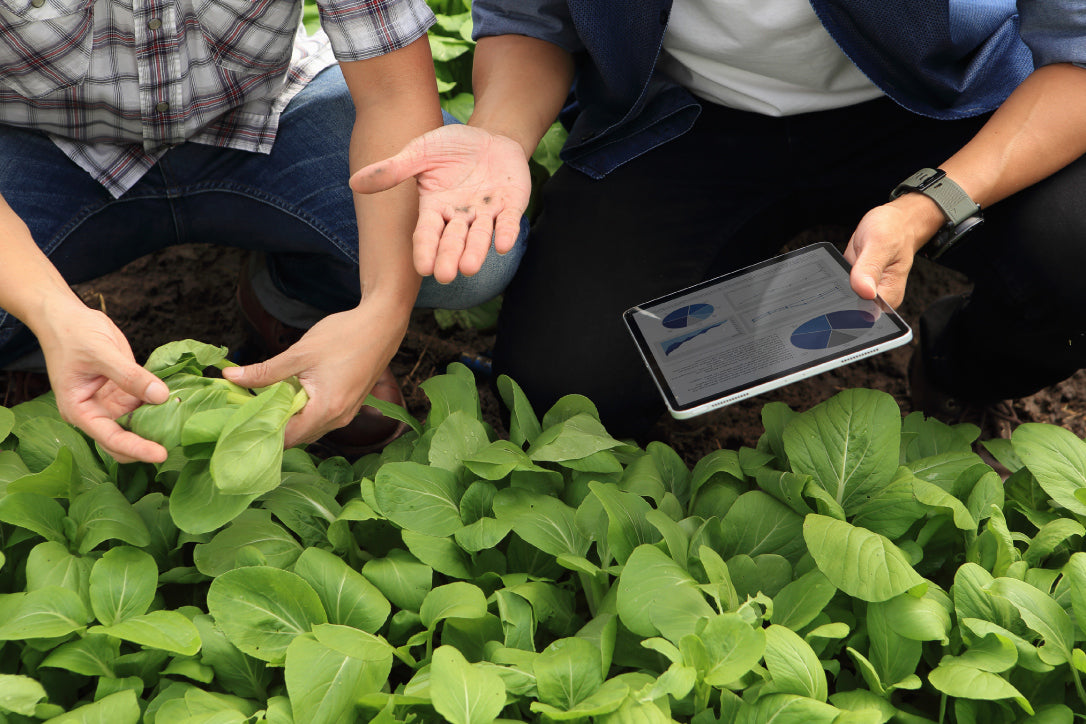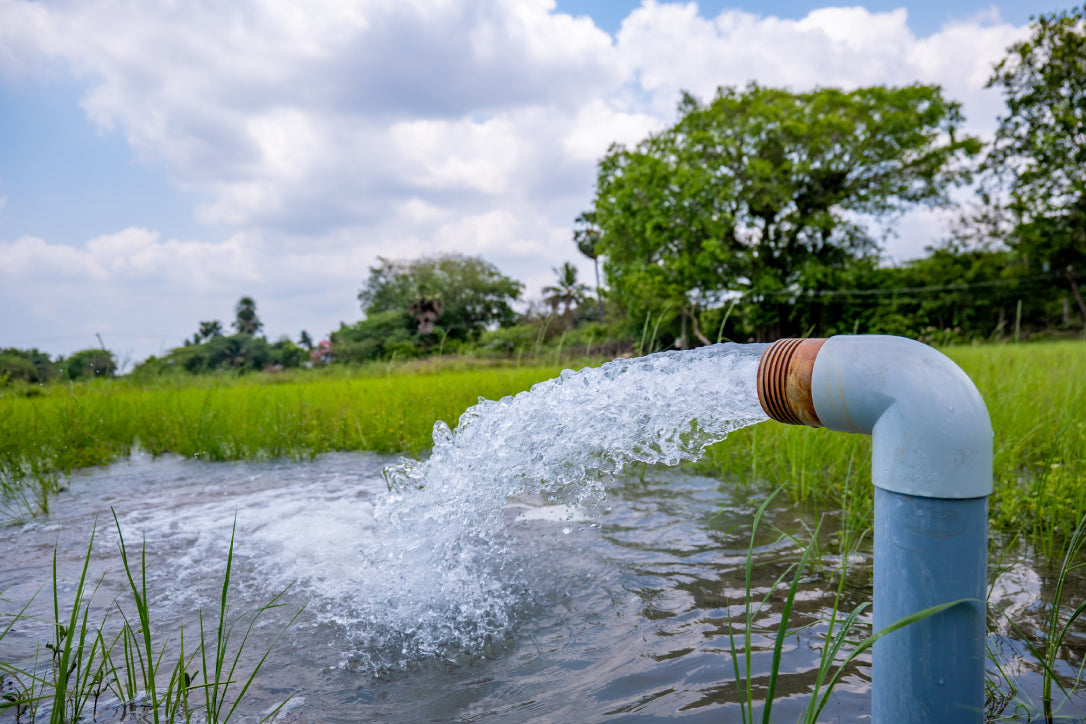The Bottom Line
Precision agriculture is vital in tackling the challenges posed by climate change, population growth, and global hunger. It utilises advanced technologies and data-driven methods to optimise farming practices and promote sustainability. Precision agriculture optimises input efficiency and resource conservation through precise application of water, fertilisers, and pesticides. It relies on accurate data regarding crop health and soil conditions, enabling effective analysis and utilisation of this information.
EUCA offers cutting-edge technology and services that empower numerous farms to collect and analyse data, leading to improved decision-making. In this discussion, we will explore the benefits of precision agriculture for farms, highlighting its contribution to sustainability.
Optimised Resource Use
Precision agriculture is leading the charge in promoting sustainable farming by optimising the use of vital resources. Traditional farming often uses a 'one-size-fits-all' approach to water, fertiliser, and pesticide application. This methodology can lead to excessive use, negatively impacting both the environment and the economic viability of the farm.

Precision agriculture, in contrast, employs advanced technologies to monitor crop health such as stem or trunk thickness, and soil conditions such as temperature and electrical conductivity (EC) accurately which can be done with Onset's HOBOnet T12 Temp/Soil Moisture/ EC Sensor. With the collected data, farmers can apply the exact amount of resources needed at each location within their fields, significantly reducing waste and minimising environmental impact.
Precision Irrigation
Water scarcity is a global concern and agriculture is by far the largest consumer of the world's freshwater resources. Precision irrigation is one of the technological breakthroughs enabled by precision farming, designed to combat the challenges of water scarcity.

Advanced technologies like soil moisture sensors such as the HOBOnet 10HS Soil Moisture Sensor from Onset, weather forecasts using the RX3000 Remote Monitoring Station from Onset, along with some additions like the HOBOnet Rainfall Sensor and the HOBOnet Wind Speed/Direction Sensor, and automated irrigation systems allow water application at the right time and in the right quantities.
Having this precision avoids the traditional pitfalls of over-irrigation, such as water wastage and nutrient leaching, thus promoting water conservation, a vital aspect of sustainable farming.
Enhanced Biodiversity
Agriculture's impact on biodiversity is a growing concern, with broad-spectrum pesticides posing significant harm to non-target species and beneficial insects. Precision agriculture offers a compelling solution to this challenge.
By leveraging detailed crop health data and accurate pest detection technology, farmers can apply pesticides only where necessary and to specific pests. This precision protects beneficial organisms and non-target species, fostering a more diverse and resilient ecosystem around farms.

Reduced Greenhouse Gas Emissions
Farming contributes significantly to global greenhouse gas emissions, particularly due to machinery fuel use and synthetic fertilisers. Precision agriculture technologies provide solutions to reduce these emissions. Precise application of fertilisers avoids excessive nitrogen usage, which can convert to nitrous oxide, a potent greenhouse gas. Moreover, using route tracking on vehicles can streamline field and supply chain operations, reducing unnecessary fuel consumption and CO2 emissions. This can be done with the V5C 4G Temp/RH and Online Location Monitor from Frigga . As such, precision agriculture contributes to reducing the carbon footprint of farming operations.
Improved Soil Health
Healthy soil is the cornerstone of sustainable agriculture. It aids in maintaining crop health and increasing yields, all while acting as a significant carbon sink. Excessive fertilisation and indiscriminate pesticide use in conventional farming can degrade soil health over time.

In contrast, the precise resource application in precision agriculture ensures that soils receive just the necessary amount of inputs, avoiding toxic build-ups and preserving essential soil microflora. This precision helps maintain robust soil health, integral to long-term agricultural sustainability this can be done by collecting data pertinent to soil health such as NPK content and pH, for pH the Industrial pH Sensor from Seeed Studio is a must have.
Data-Driven Decisions
The backbone of precision agriculture is data. From real-time soil moisture levels to historical weather data and from crop health reports to pest prevalence, data drives every decision in precision agriculture. This wealth of data allows farmers to make informed decisions about every aspect of farm management, including when to plant, irrigate, and harvest.
"With the smart devices we can shape a future where resources are effectively managed through informed and timely decisions."
With the use of platforms like HOBOconnect from Onset and Nvirosense from EUCA, farmers can have all of their data in one place, which will streamline decision making by reducing guesswork, this data-driven approach leads to better outcomes, improving both farm efficiency and sustainability.
Towards a Sustainable Harvest
Precision agriculture stands at the forefront of sustainable farming practices. Its ability to maximise productivity while minimising environmental impact makes it a key player in the quest for a sustainable agricultural future. As technology continues to evolve, the possibilities for precision agriculture will only expand, offering exciting opportunities for farmers and the world as a whole.
By embracing precision agriculture, we can not only feed the growing global population but do so in a way that preserves the health of our planet for future generations.




